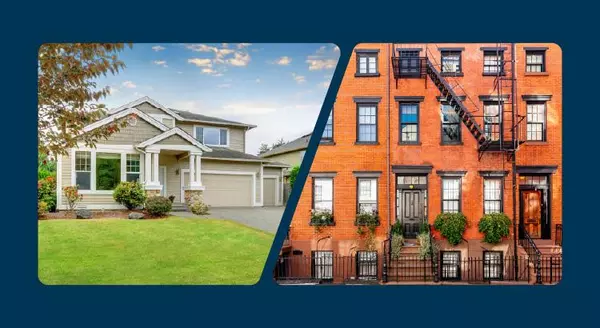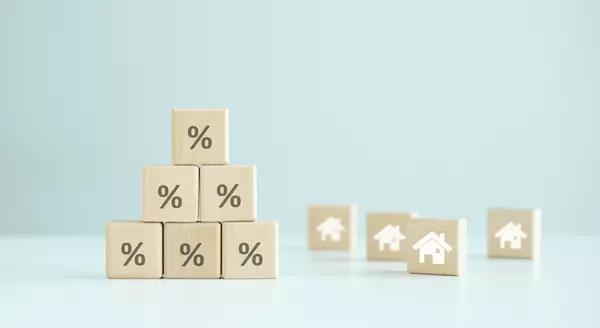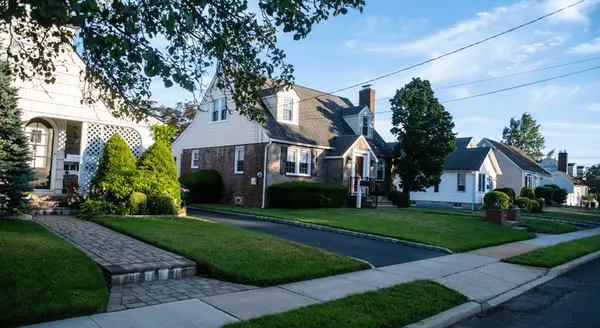
Why There Won’t Be a Recession That Tanks the Housing Market
There’s been a lot of recession talk over the past couple of years. And that may leave you worried we’re headed for a repeat of what we saw back in 2008. Here’s a look at the latest expert projections to show you why that isn’t going to happen. According to Jacob Channel, Senior Economist at Lendin

Why We Aren't Headed for a Housing Crash
If you’re holding out hope that the housing market is going to crash and bring home prices back down, here’s a look at what the data shows. And spoiler alert: that’s not in the cards. Instead, experts say home prices are going to keep going up.Today’s market is very different than it was before the

The Truth About Down Payments
If you’re planning to buy your first home, saving up for all the costs involved can feel daunting, especially when it comes to the down payment. That might be because you’ve heard you need to save 20% of the home’s price to put down. Well, that isn’t necessarily the case.Unless specified by your loa
Recent Posts









